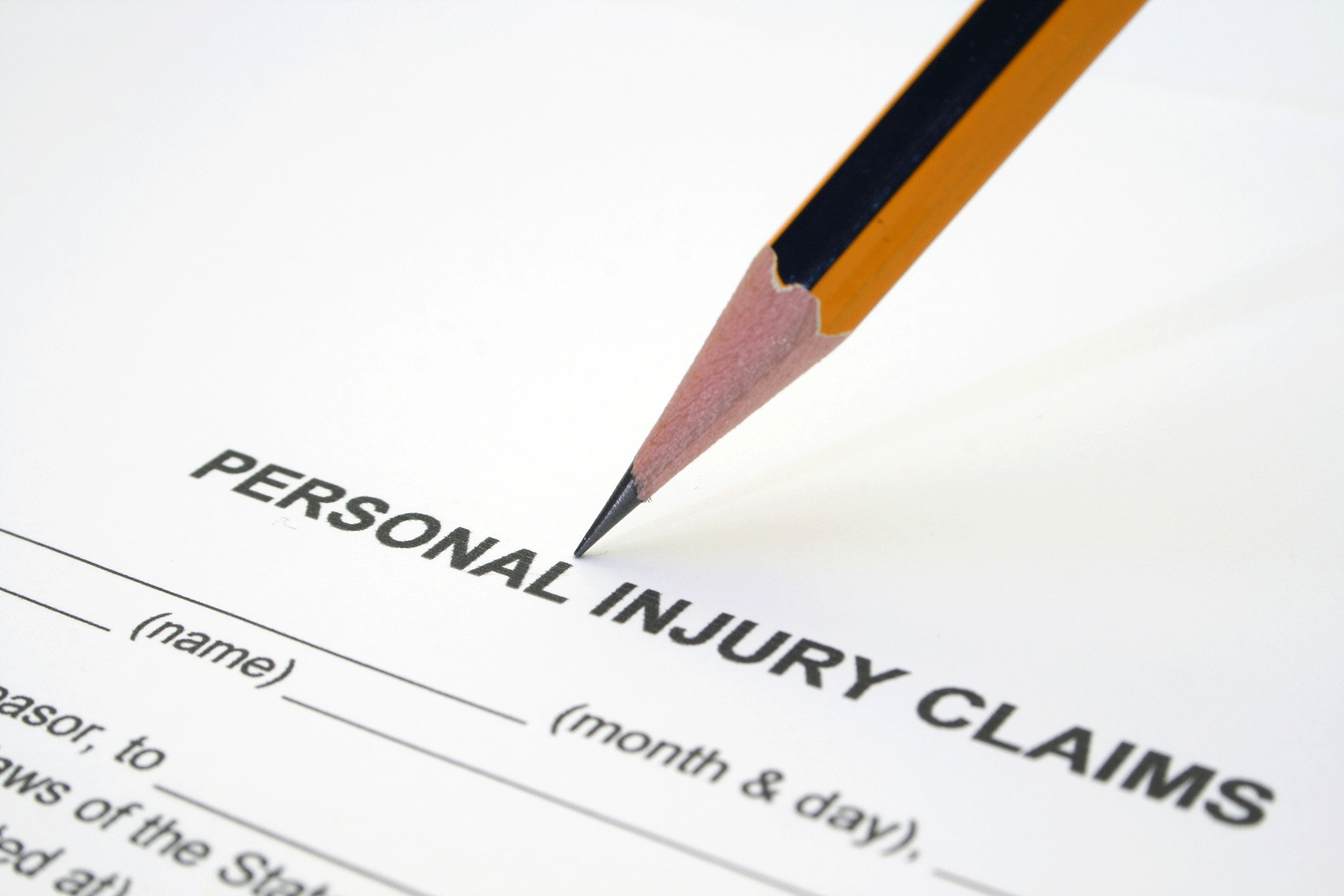Now Reading: How to Calculate and MAXIMIZE Compensation Potential For a Personal Injury Claim
-
01
How to Calculate and MAXIMIZE Compensation Potential For a Personal Injury Claim

How to Calculate and MAXIMIZE Compensation Potential For a Personal Injury Claim
Whether you’ve been injured in a car accident, slip and fall, or workplace incident, understanding your compensation potential can mean the difference between a settlement that barely covers your medical bills and one that truly addresses your losses to get your life back. Most states also follow the comparative negligence rule, meaning you can still sue even if you are partially at fault. Your payout will simply be reduced by the amount you are deemed responsible for.
For a quick estimate, Braff Law Car Accident Personal Injury Lawyers provides a free online personal injury claim value calculator.
Understanding Personal Injury Compensation
Economic damages have specific dollar amounts and non-economic damages relate to less tangible ways your injuries have affected your quality of life. Both are important in determining the total value of your settlement.
Economic Damages
- Medical expenses (hospital bills, surgery costs, medication, physical therapy)
- Lost wages from missed work days
- Reduced earning capacity if you can’t return to your previous job
- Property damage to your vehicle or personal belongings
- Out-of-pocket expenses like transportation to medical appointments
Non-Economic Damages
- Physical pain and suffering
- Emotional distress and mental anguish
- Loss of enjoyment of life’s activities
- Scarring or permanent disfigurement
- Loss of companionship or consortium
Steps to Take After Your Injury To Maximize Compensation Potential
Hire a personal injury lawyer
Personal injury lawyers gather evidence, negotiate with insurance, file court documents, handle stressful communications, and grant you access to a network of healthcare professionals. Take advantage of free consultations and contingency fee structures. They provide in-depth analyses without requiring financial commitment.
Those that hire expert legal representation tend to receive higher compensation than without, according to statistics from a Brain Injury Association of America Preferred California personal injury law firm led by Chief Operating Officer Daniel Sagal and Principal Attorney Eleonora Zeltser.
Gather evidence
Collect documentation, organize your financial records, and understand what counts as compensable damage. These include medical expenses, lost wages and income, property damage, as well as your future economic losses. Keep all your receipts, and request communications in formal writing when possible.
For non-economic damages, you can keep a journal about your recovery journey and take pictures to supplement the case. Depending on factors like injury severity, recovery duration, impact on daily activities, permanence of injuries and the age of the victim, compensation potential may be increased. Other types of evidence like witness statements from onlookers at the crash or first responders can also be helpful in strengthening your case.
Avoid accepting insurance offers or giving statements
Insurance companies will often offer low settlements or pressure clients by creating false senses of urgency or downplaying injuries. Accepting their offer means forfeiting the right to pursue a case that accounts for potentially overlooked categories. Your words may also be used against you, so it is better to allow a lawyer to handle communications and negotiations. Insurance companies want to protect their profits, while lawyers fight to maximize your compensation potential because your win is their win.
Maintain credibility as a claimant
Any gaps in your medical treatment history, inconsistent statements about the accident or injury, or social media posts that contradict your claims can hurt your case value. Be wary and private about your case until everything is settled.
Strategies to Maximize Your Compensation Potential
Car accident lawyer benefits extend far beyond simple paperwork filing. An experienced car accident lawyer brings negotiation expertise that directly impacts your settlement amount. Insurance adjusters work to minimize payouts, but a skilled attorney knows how to counter lowball offers with documented evidence and legal precedent.
You gain access to resources you wouldn’t have on your own. Attorneys can hire medical experts to testify about future care needs, accident reconstruction specialists to prove liability, and economists to calculate lifetime earning losses. These professionals strengthen your case significantly.
Legal representation sends a clear message to insurance companies that you’re serious about receiving fair compensation. Insurers often reserve their best settlement offers for represented claimants because they know attorneys understand the true value of claims and won’t accept inadequate amounts. Your lawyer handles all communications, protecting you from saying anything that could damage your case while building a compelling argument for maximum compensation.
Understanding Settlement Structures and Tax Implications in Personal Injury Claims
You can choose to receive your settlement award as either a lump sum payment or in a structured settlement. Both options have different advantages and tax implications.
Lump Sum Payment
A lump sum payment delivers your entire settlement amount at once, giving you immediate access to funds. This approach offers flexibility because you control how and when to spend or invest your money. You can pay off medical debts, cover immediate expenses, or invest according to your financial goals. The downside? Without proper financial planning, you risk depleting funds too quickly.
Structured Settlement
A structured settlement distributes payments over time through an annuity. This method provides a guaranteed income, prevents overspending, and potential tax advantages. The trade-off involves reduced liquidity and limited access to your full settlement amount when unexpected expenses arise.
Tax Implications
Compensation for physical injuries typically remains tax-free under federal law. However, the parts of compensation that cover categories like lost wages or profits, punitive damages, and interest gained on settlements are taxable. Unless you need the money upfront for urgent expenses or investments that would grow more than the amount it is taxed, it may be worth it to take smaller payments and reduce your tax bracket liability.
In order to maximize compensation in a personal injury claim, it’s imperative to use all available resources and build the strongest case possible. Once securing a settlement, responsible financial planning is also necessary to optimize its value. Personal injury law firms that can provide estimates or case assessments are a risk-free way to get professional advice from an expert. Lawyers that work on a contingency fee basis allow access to reputable legal help without the barrier of financial strain. Online calculators provide quick estimates, and documenting as much evidence as possible while staying private about your life can allow for better negotiations with insurance companies.










